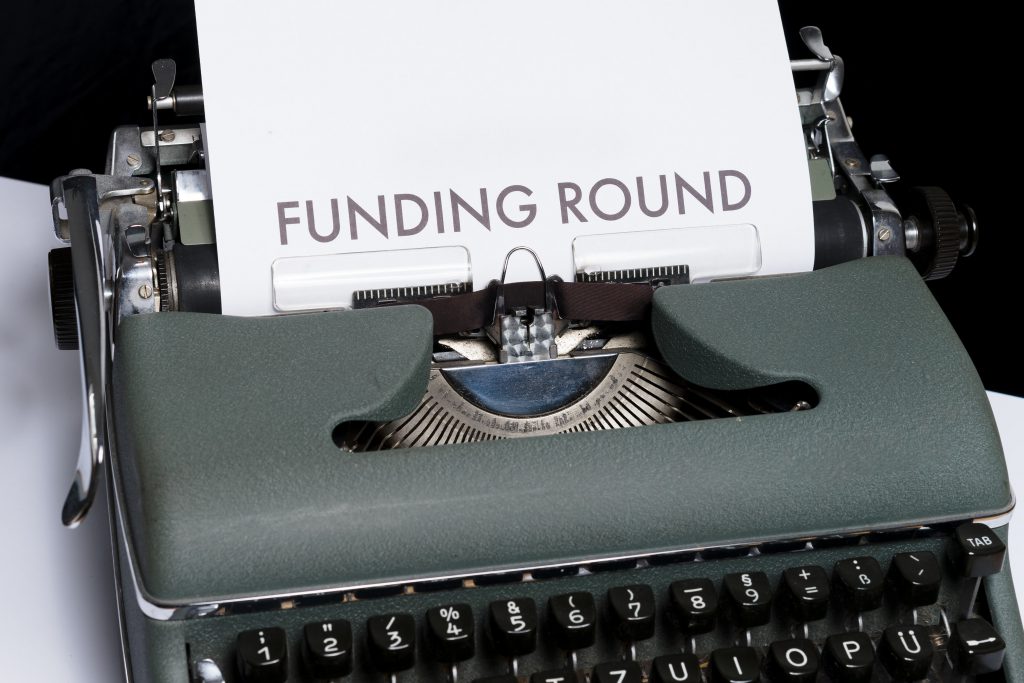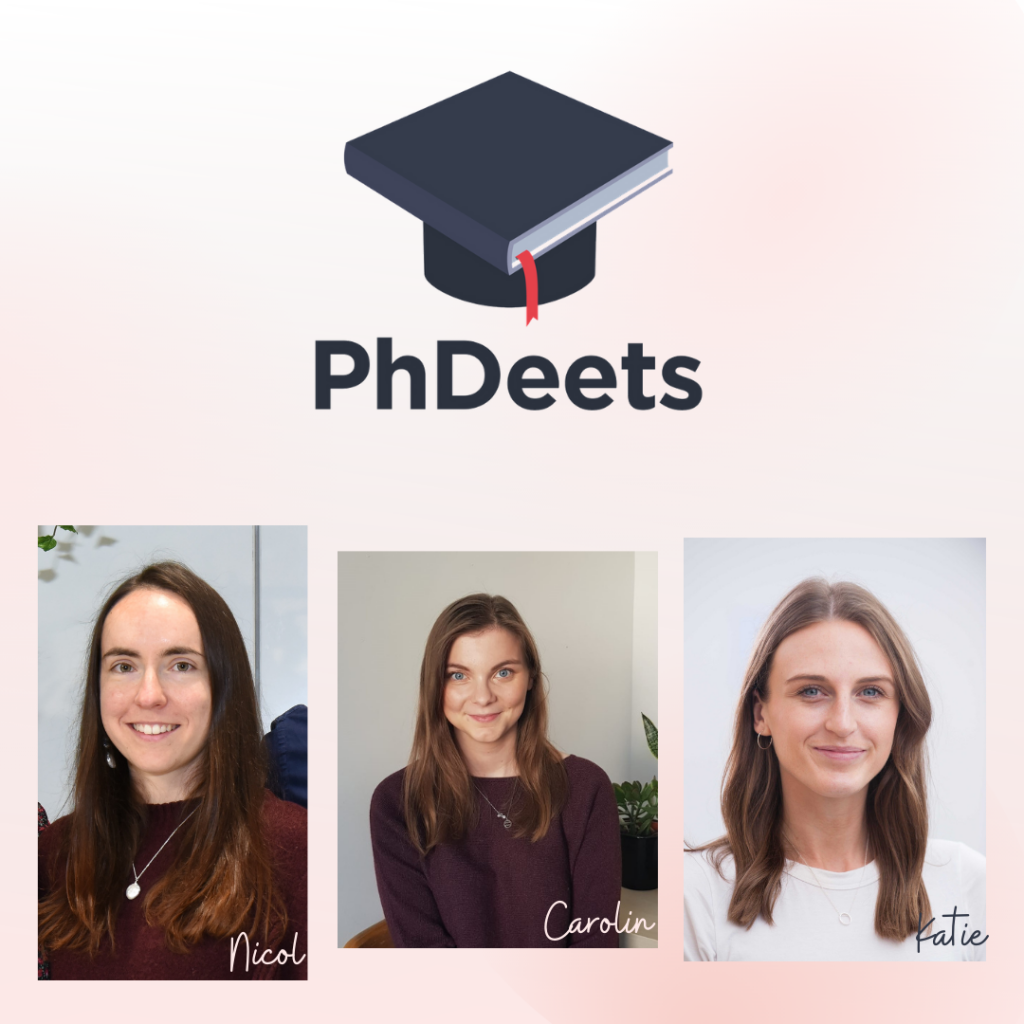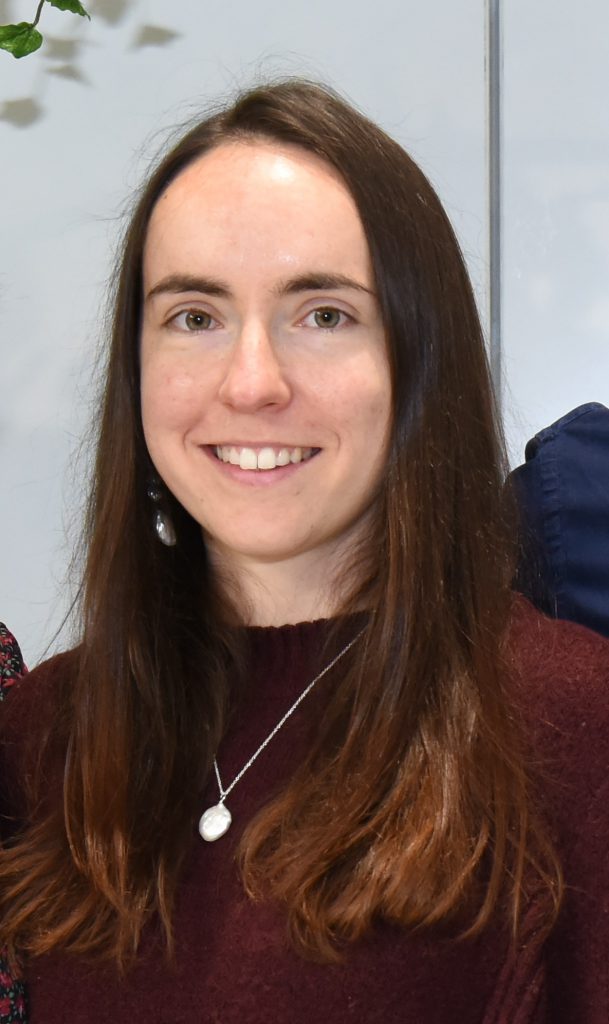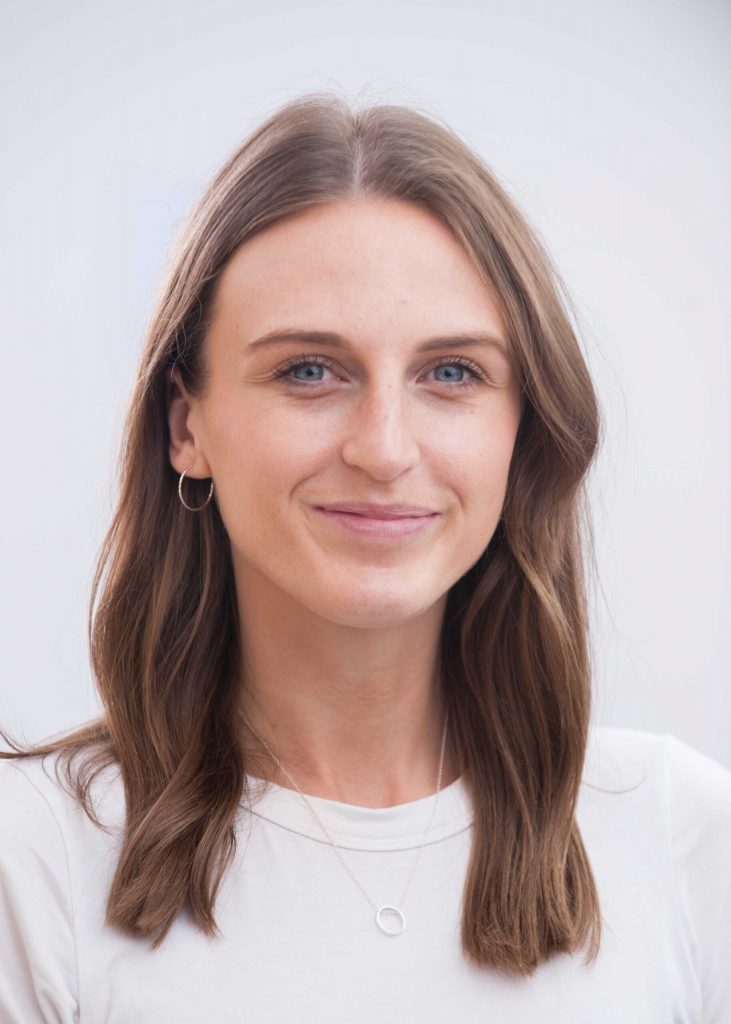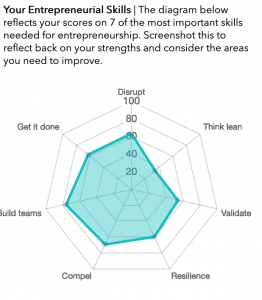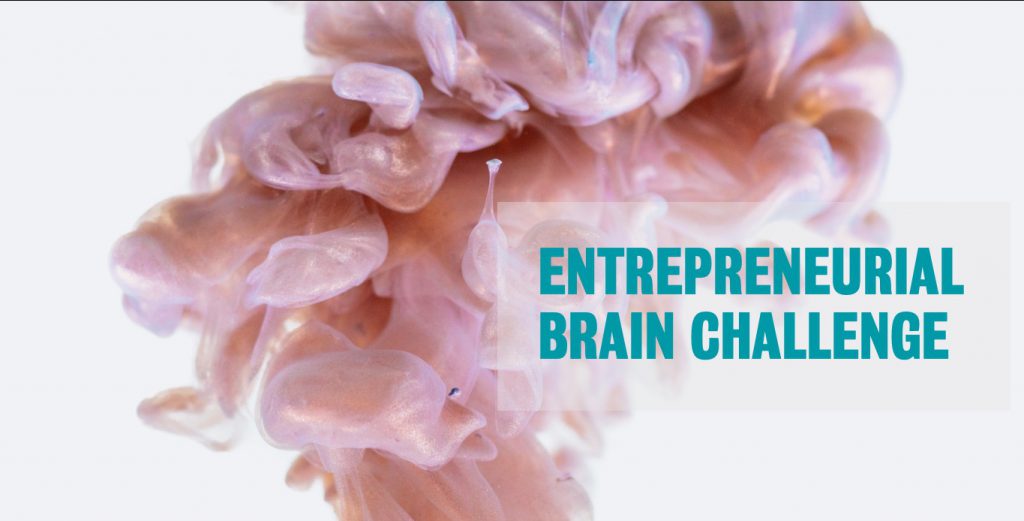Blog post by Dr Nigel Eady, Director of Research Talent, Centre for Doctoral Studies
I spend quite a lot of time reading applications for funding. Some are for around £100k or more, for example, scholarship funding for a PhD, others may be much smaller, a few hundred pounds to attend a conference.
Funding schemes are nearly always competitive. In some instances, you don’t get funding just because there were too many good applicants. However, you’d be surprised how many people make very basic mistakes that significantly reduce the chance of getting funded.
So here are my top tips to give yourself the best chance possible!
- Check remit/eligibility carefully. If you’re not sure what you’re proposing is in the remit of the scheme, then ask! You also want anyone reading your application to see really clearly that you’re a good fit for the scheme or the funder. You certainly don’t want to spend lots of time preparing an application to find out you weren’t eligible anyway!
- Contact the administrator for advice. Don’t be afraid to contact the people running the scheme. Their job is to answer your questions! They are judged on the smooth running and impact of the scheme. They want to get good bids and they are better able to do that if they are talking to potential applicants. They like to build relationships with the people they’re funding.
- Follow the guidance you’re given. If a question says ‘max 400 words’, don’t write more than 400 words! Word limits are partly there for fairness and consistency, so everyone is given the same opportunity to present their application. You need the people reading and scoring your application on your side, so do everything you can to keep them happy! You don’t want them thinking you’re trying to gain an unfair advantage, and you don’t want them annoyed that there’s lots of extra info to read! Beware – some forms will just cut off anything over the limit!
- Remember the panel may not be experts. Please write in plain English – no jargon, acronyms…. Or at least as few as possible! I have a PhD in biochemistry. That means I understand certain research disciplines but it won’t take long for me to get lost (or annoyed!) by jargon that may make sense to you, but not to me.
- Don’t forget the panel are probably busy! If your application is hard to read or confusing or very long, it’s not going to help how your reviewers feel about your application. If it’s easy to read and understand then the panel will likely be on your side and more likely to advocate for you to get funded!
- Demonstrate commitment to what you want to do. Have you already applied anywhere else for funding? Why not? Funders like to see commitment. It may persuade those reviewing your application that you’re really serious about doing the research, going to the conference or whatever you’re asking for money to do.
- Show that other people think you’re worth funding. In an academic setting, it might be as simple as showing you have the support of your supervisor or department or faculty through a short written statement or letter. Even better, is there someone who will commit part of the funding for what you want to do? This is often called ‘matched’ funding. Always be clear what funding you already have and what other funding you’ve applied for. You can’t ‘double fund’, i.e. get funding from two places to do the same thing! Always read the information about the funding scheme carefully and check what’s allowed (and maybe double check with the administrator).
- Be honest about the costs. Time spent getting your budget right won’t be wasted. If you ask for too much money, you may immediately be ruled out. If you underestimate, you might end up having to deliver something without enough money! Panel members will often be considering whether a budget is realistic. You should definitely be truthful, not least as that shows the panel that you can be trusted with the funds. Requesting exactly the amount on offer tends to look suspicious, unless you’re showing that it will cost you more than the full amount and you’re just asking for the maximum available. Where possible, include quotations for purchases you’d like to make.
- Make sure your budget adds up! You’d be amazed how may budgets are wrong! Get someone else to check your calculations and that what you’ve written makes sense. There’s actually lots to say about budgets – maybe I’ll write a separate post with further thoughts!
- Provide a clear timeline. Funders want to know that you will spend their money wisely. In your application, show that you can think like someone managing a project and describe what will happen over the weeks or months after you get the money. You don’t necessarily need a proper GANTT chart, a few clear bullet points may be enough. What will you do if something goes wrong? Is there enough time in your schedule to respond to difficulties? Have you already planned for the most obvious risks?
- Ensure supporting info supports your request! The supervisor whose statement in support of your application effectively says nothing more than ‘I confirm this person exists,’ isn’t doing you any favours! The more bespoke and tailored the statement the better! Consider what the panel are looking for. Perhaps you can give your supervisor/PI/referee a few bullet points they might consider including in the statement/letter? Hopefully if you’re one of a number of students from the same research group applying, your supervisor won’t have written the same statement for everyone!
- Make your application easy to read. Again, keep your reviewers onside. Online forms sometimes make this difficult (as you may have little ability to format text) but do think about formatting and structure. Long, dense paragraphs of text, ridiculously
 are all a bad idea!
are all a bad idea! - Ask for feedback. Get as much feedback as you can, especially if your application isn’t successful. Verbal feedback can be even more helpful. People may say more verbally than they are willing to write down! You might be able to turn a ‘failed’ application into a really successful one, based on the feedback you get.
- Seek advice on applying. Do you know someone who’s applied before? Will they read your draft application? Are there examples of good/bad applications available?
- Think like a reviewer. Imagine you were reading applications to the funding scheme. What would you want to know? Give your reviewers the assurance they are looking for.
If you bear all these points in mind, you’re giving yourself a good chance of getting over the first hurdle and being considered for funding.
All the very best for your funding applications.

